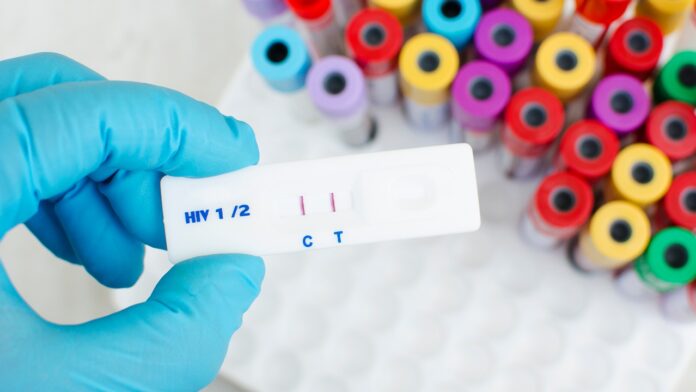Preventing HIV infection involves a combination of practices and strategies aimed at reducing the risk of transmission. Here are some key methods to prevent HIV infection:
1. Safe Sexual Practices
- Condom Use: Always use condoms correctly during vaginal, anal, and oral sex. This is one of the most effective ways to prevent HIV transmission.
- Regular Testing: Get tested regularly for HIV and other sexually transmitted infections (STIs). Encourage partners to do the same.
- Mutual Monogamy: Engage in a mutually monogamous relationship where both partners are HIV-negative.
2. Pre-Exposure Prophylaxis (PrEP)
- Medication: PrEP is a daily pill that can significantly reduce the risk of contracting HIV. It is recommended for individuals at high risk, such as those with an HIV-positive partner or those who engage in high-risk sexual behaviors.
3. Post-Exposure Prophylaxis (PEP)
- Emergency Treatment: PEP involves taking antiretroviral medicines after potential exposure to HIV. It must be started within 72 hours of exposure and taken for 28 days to be effective.
4. Avoid Sharing Needles
- Clean Needles: Never share needles or syringes. Use clean, sterile needles for injecting drugs, tattoos, or piercings.
- Needle Exchange Programs: Utilize needle exchange programs that provide clean needles and proper disposal of used ones.
5. HIV Treatment as Prevention (TasP)
- Antiretroviral Therapy (ART): Individuals with HIV should adhere to ART to maintain an undetectable viral load, which virtually eliminates the risk of transmitting the virus to others (U=U: Undetectable = Untransmittable).
6. Safe Blood Transfusions and Organ Transplants
- Screening: Ensure that all blood, blood products, and organs are screened for HIV before transfusion or transplantation.
7. Education and Awareness
- Information: Stay informed about HIV transmission and prevention. Educate others about the importance of HIV prevention practices.
8. Mother-to-Child Transmission Prevention
- Prenatal Care: Pregnant women with HIV should receive appropriate medical care and antiretroviral treatment to reduce the risk of transmitting the virus to their baby during pregnancy, childbirth, or breastfeeding.
9. Regular Medical Check-ups
- Healthcare Visits: Regular check-ups with healthcare providers can help in early detection and management of HIV and other health conditions.
Combining these methods increases the effectiveness of preventing HIV infection. Always consult healthcare professionals for personalized advice and treatment options.



